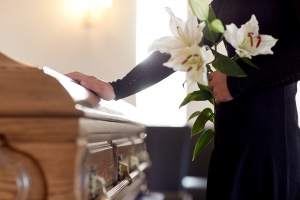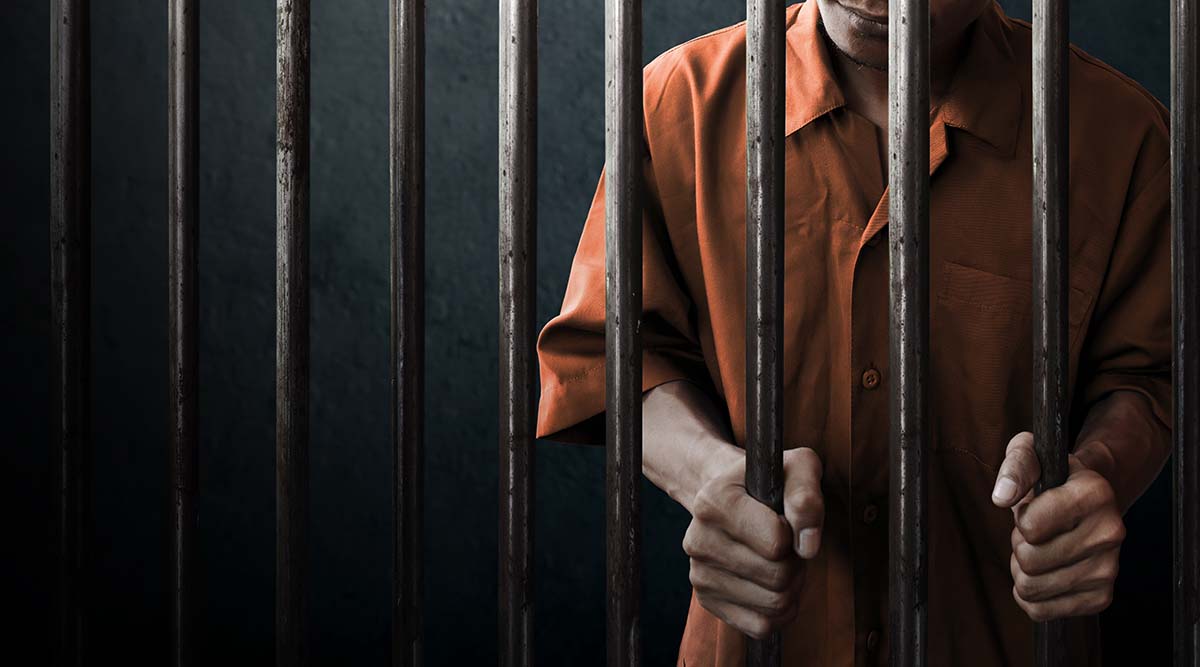Bankruptcy Death of a Debtor
 Bankruptcy proceedings in Arizona affect one person – the debtor that is moving forward with the procedure. In the unlikely event of debtor death, however, a family will be left in the middle of a very challenging situation.
Bankruptcy proceedings in Arizona affect one person – the debtor that is moving forward with the procedure. In the unlikely event of debtor death, however, a family will be left in the middle of a very challenging situation.
One of the questions that will need to be addressed in such circumstances revolves around the bankruptcy and the manner in which the passing of the debtor is going to impact it.
Death and Its Effect on Bankruptcy: An Overview
Unless debt is joint, it is not passed to heirs in the event of debtor death.
Creditors, however, still have options in such situations. They will examine assets and property to have at least a portion of the debt covered.
A person that initiates bankruptcy proceedings is attempting to address problems with creditors and to eventually have the debt dismissed. The death of a person who is in the middle of bankruptcy proceedings does not automatically put an end to the process.
The type of bankruptcy will have to be examined to get a better idea about how successors can move forward.
Death and Chapter 7 Bankruptcy
A Chapter 7 bankruptcy will go through even in the case of debtor death.
Chapter 7 bankruptcies are liquidation proceedings. A bankruptcy trustee will examine the estate of the debtor (apart from the assets and properties that qualify for an exemption in Arizona). The bankruptcy estate will be liquidated to cover debt and to contribute to a dismissal.
Upon the creation of the bankruptcy estate, the involvement of the debtor is not required for the procedure to be finalized.
The trustee will continue administering the estate and paying creditors. A Chapter 7 bankruptcy will be finalized with a debt discharge, whether the person is alive or dead.
Death and Chapter 13 Bankruptcy
Chapter 13 bankruptcies are different. These are reorganizational procedures. The bankruptcy trustee puts together a repayment plan that is based on disposable income. The plan is introduced for a period of three to five years to pay off debt. Upon the completion of the bankruptcy period, the remaining debt is discharged.
People who do a Chapter 13 filing need to make a monthly payment in order to satisfy the terms of the bankruptcy plan.
The family of a debtor who passes will need to decide what to do in the middle of Chapter 13 proceedings. Heirs can move forward with the payment plan and make the required monthly instalments. After the completion of the three to five-year Chapter 13 plan, a discharge will take place.
A few other options are possible. To make the switch to one of the alternative possibilities, heirs will have to petition the Arizona bankruptcy court.
The first option is to get a hardship discharge.
A hardship discharge results in the immediate wiping out of the remaining debt. It is usually granted in a radical change of circumstances. The death of a family member is usually a serious change and the family could qualify for a hardship discharge. Talking to a lawyer about the possibility is the best way to decide whether the heirs stand a chance in court.
Successors could also petition the court to dismiss the case – the most common course of action in the case of debtor death. The problem with this approach is that the debtor’s remaining estate could become liable to creditors.
A final option is a conversion from a Chapter 7 to a Chapter 13 bankruptcy.
When a family member passes, income could go down significantly. If the family passes the Arizona means test, a request for the transition from Chapter 13 to Chapter 7 could be made and granted in court.
Click here for information on how does bankruptcy affect your mortgage?





